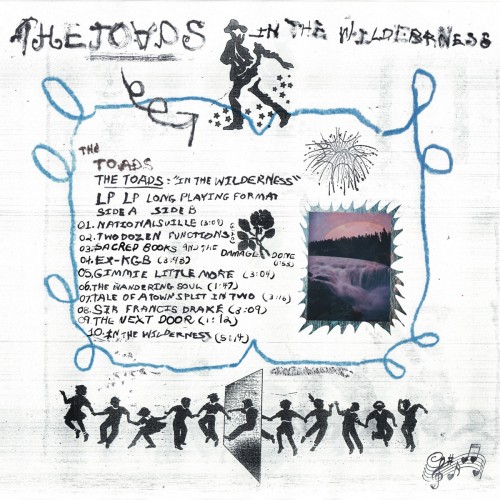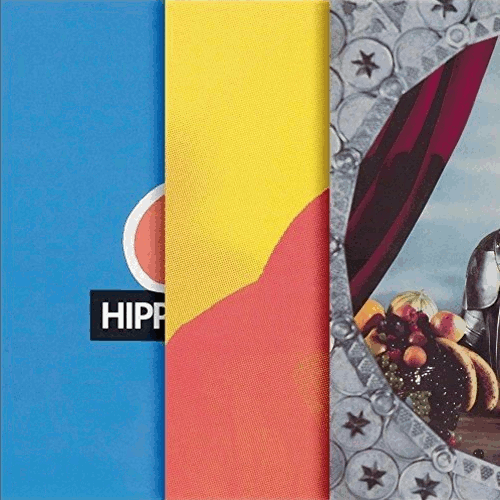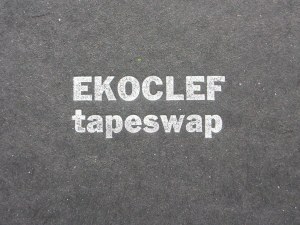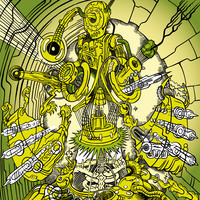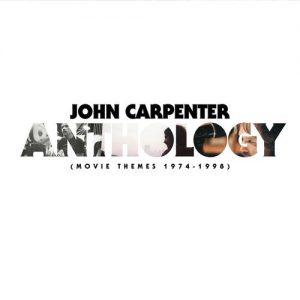 I’ve just spent a few days driving down the south coast of England and then around the Devon countryside, listening to John Carpenter’s Anthology all the way. And the first thing to say about it is, it works. Overlaid on any landscape you’d care to imagine – a traffic-jammed motorway, a small-town suburb, a swooping coastal road, a mist-sodden moor, a little high-tide cove – it creates a very precise atmosphere of unease, of impending darkness, of collapse.
I’ve just spent a few days driving down the south coast of England and then around the Devon countryside, listening to John Carpenter’s Anthology all the way. And the first thing to say about it is, it works. Overlaid on any landscape you’d care to imagine – a traffic-jammed motorway, a small-town suburb, a swooping coastal road, a mist-sodden moor, a little high-tide cove – it creates a very precise atmosphere of unease, of impending darkness, of collapse.
And that atmosphere has a very specific feel to it. On the one hand, it’s built on the mundane rhythms of everyday life – of a single mother late night DJ arranging a babysitter, of a group of grad students flirting and joking, of construction workers jobbing together, of so many others just getting through the day – perhaps not quite how you and I might do it, but near enough to identify pretty closely with.
But on the other, there’s always that lift-off into some very fundamental disruption. A lovely little seaport is actually built on an unspeakable crime; an inexplicable evil unstoppably stalks the innocent; an unknowable yet always obscenely too-present invader awakes beneath the ice; God turns out to be a bad (but oh so readable) pulp horror writer; the Messiah turns out to be a failed alien pest controller; the only man capable of saving modernity is also the only one to understand exactly why he shouldn’t; and so on.
His music’s a key part of that. At first listen (or rather, re-listen – because it’s a pretty safe bet you’ve seen some or all of his films already), there’s something very down to earth about it all. Recognisably 80s guitars and synths chime out, evoking the clutter of the charts of the time – hair metal, synth duos, escaped TV themes and everything else you’d either imagine or can actually remember.
But it’s all so off-kilter, so unsettling. And every theme carries within it something deeper and wider than itself – memories of the film that it came from. Carpenter’s heyday centred on the 80s, the great age of the music video. But these pieces of music reverse the standard relationship between song and video. Here, the visuals came first, the music composed for the most part around an already completed artefact.
Without the films that birthed it, this music is orphaned. That in itself is unsettling. Imagination and memory concentrate fear; in many ways I find horror films scarier when I remember them than when I watch them, because my memory cherry-picks their most penetrating images and retools them to more precisely affect me. This album works just like that, calling up a sense of something that isn’t there and driving it deep into your mind. Hearing it is in its own right a properly haunted experience.But there’s also something more heartening there. John Carpenter is one of cinema’s great poets of cosmic disillusionment. I’ve always had the sense that – by way of ironic return – the film world has left him pretty disillusioned too. But now he’s touring his themes – Anthology, a set of re-recordings rather than original recordings, is one fruit of that.
-Al Robertson-
